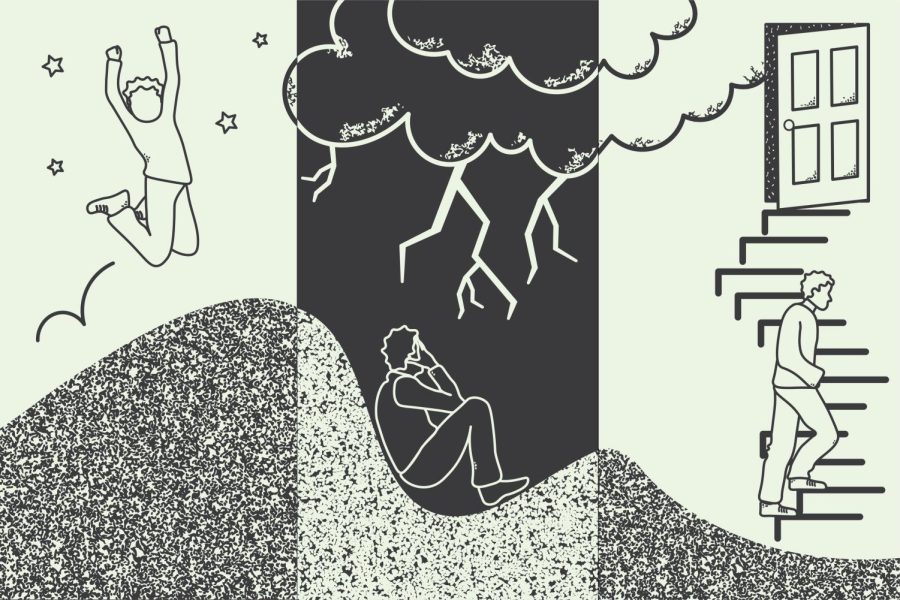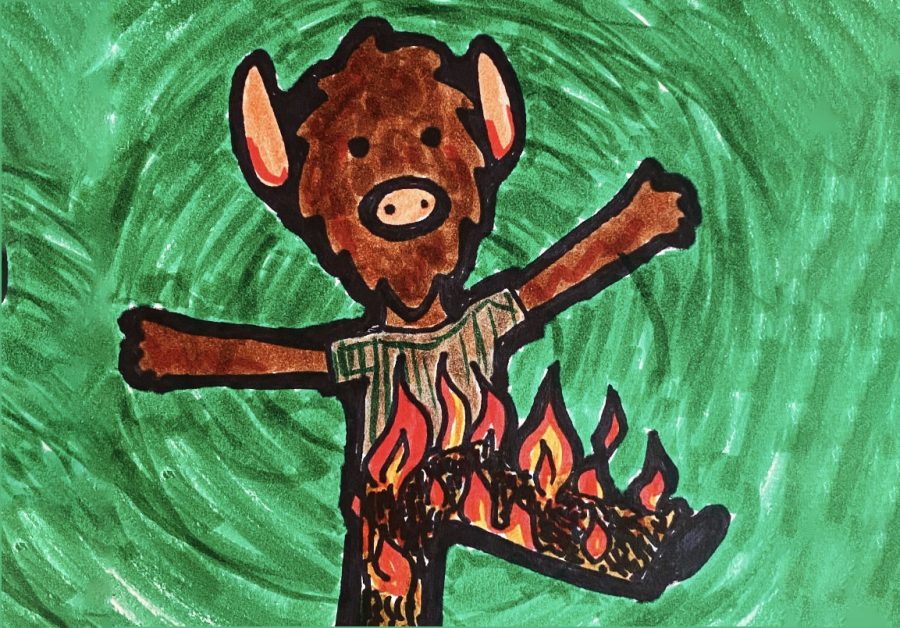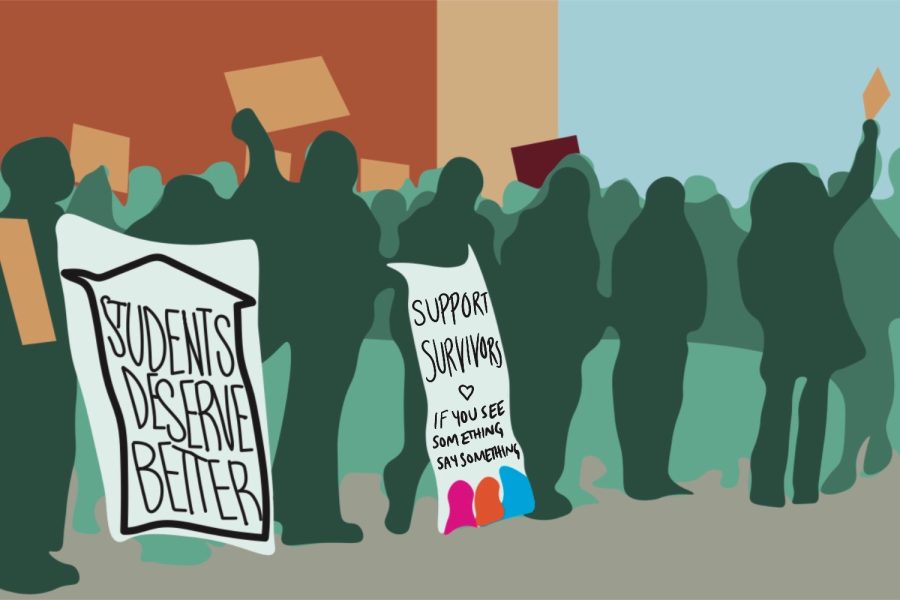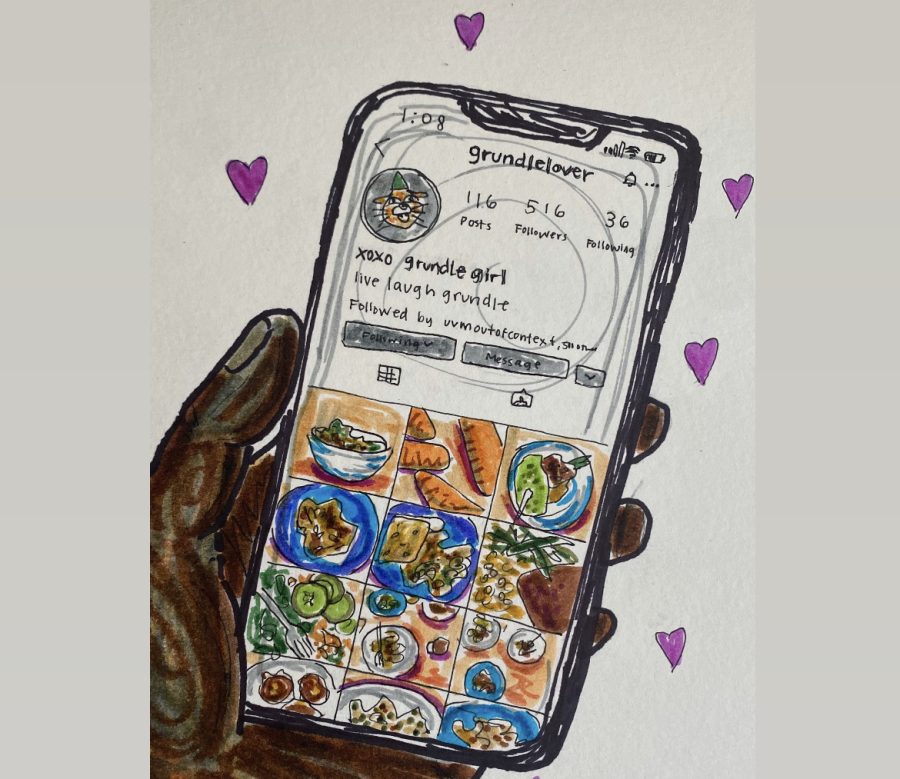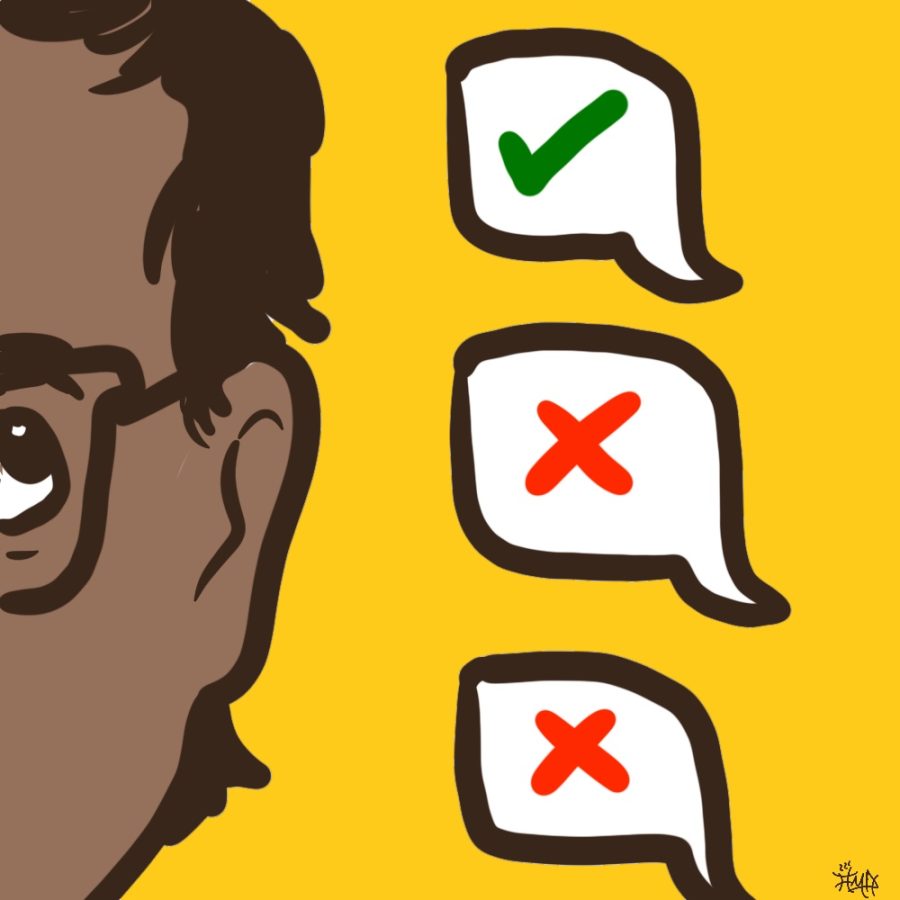2014 has been the year of the collegiate white man. Campus rape? We are responsible. Police brutality? Yup, our fault.
We’ve learned a lot about ourselves: how we should be assumed guilty of crimes that we are accused of committing without being proved guilty in a court of law.
How, despite honest efforts to comprehend and empathize, our white privilege does not allow us to understand the events of Ferguson.
The most important lesson learned, however, is that since we are not directly impacted by a lot of these events — we apparently don’t have black friends that can be brutalized by the police, and it’s not our friends, girlfriends or sisters that are sexually assaulted on campus — we do not reserve the right to talk about them, only listen when preached to.
Before going further, let me acknowledge that this is not about how bad white men have it in 21st century America. That would be a lie.
Instead, I want to draw attention to the ridiculous notion that only one opinion can be completely correct, making all others inherently wrong.
On-campus sexual assault, there exists only a binary: either you support an ideologically rigid narrative or you are seeking to marginalize women’s rights and their physical integrity under the guise of such tempting phrases as “personal safety.”
Bonus points exist for being in a fraternity. After all, you probably condone it at that point.
Much in the same vein, it is almost impossible to engage in a discussion about police brutality without being reminded that, as white men, “we can’t understand.”
Was Michael Brown completely devoid of any wrongdoing, or do you condone police brutality? Choose wisely. We are not all saints, and yet only a few of us are sinners. If we rape, we deserve to go to prison.
If we physically assault police officers, we are putting our lives in the hands of an armed, threatened individual and must deal with the consequences. We are responsible for our actions.
The point of this piece is, if you haven’t guessed, to draw attention to the #AllyorBye dichotomy that permeates this campus.
To say “we don’t want you” if you don’t toe the party line is to send the message that “in our eyes, you’re just as bad as those that commit the crime.”
(Note: a similar generalization about black urban youth would be widely ridiculed.)
It is possible to want to stop sexual assault from occurring in our community while not wanting to unfairly prosecute our peers in the public arena.
Likewise, it is possible to want to curb police brutality, particularly towards the black community, while wanting police officers to feel as protected and safe as they make our communities feel.
While six plus three equals nine, five plus four does as well.
If it hasn’t sunk in yet, we are doing our best to help, not harm, the situation. We are a part of the solution, not the problem.
Please send all responses to cynic.unpopular.opinion@gmail.com.









